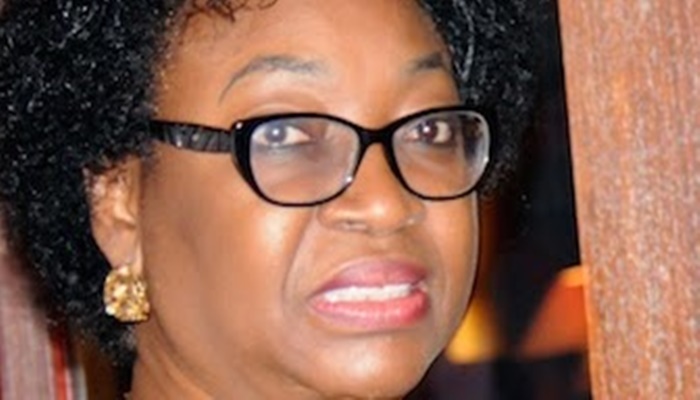
The Governor of the Central Bank of Nigeria (CBN), Godwin Emefiele, said on Friday that over $60 billion had been traded in the Investors and Exporters (I&E) window segment of the foreign exchange market since its inception in April 2017.
Emefiele disclosed this in his opening address at the 2019 annual Bankers Committee retreat in Ogere, Ogun State.
Highlighting the impact of the policy measures which facilitated the nation’s recovery from the economic recession, Emefiele said: “The impact of a tighter monetary policy regime, attractive yields in the money market, and our efforts at supporting domestic producers in the agriculture and manufacturing sectors; along with improvements in oil production have supported continued foreign exchange inflows into the Nigerian market.
“In the I&E window over $60 billion worth of transaction have taken place since the inception of the window in April 2017 and our foreign exchange reserves are at $39 billion, relative to its low point of $23 billion in October 2016. Today, our current stock of external reserves is able to finance nine months of current import commitments.”
The CBN governor urged the gathering of bank chief executives and top management of the CBN to come up with measures to address constraints to use of digital finance tools in the country, nothing that this is the focus of the 2019 Bankers Committee retreat.
He said this has become imperative because of the potential impact of digital finance on access to credit and economic growth.
The CBN governor stressed that digital finance can be used to support ongoing efforts to diversify the nation’s economy due to its impact on improving access to credit.
Emefiele added: “When properly deployed by banks, it could be used towards the development of savings, insurance and investment products for consumers.
“Additionally, it can provide Nigerians with a faster and more efficient payment service, as well as improved access to credit. Access to credit, in particular, is often recognised by smallholder farmers and MSMEs as a strong constraint to their expansion and growth.
“For the monetary policy authorities, improved access to finance for a majority of Nigerians through digital channels enhance the efficacy of monetary policy actions, by aiding our ability to influence credit conditions in the economy. It could also enhance fiscal buffers by increasing tax revenues and minimising waste in government intervention programs.”






